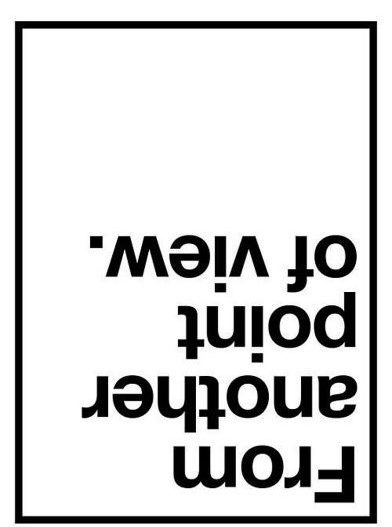
To recruit in an increasingly mobile, competitive and technological world, companies need to innovate more than ever to adapt. Under these conditions, critical thinking, the ability to cross lines are key skills.
The company discovers that employees with a different profile, deemed “sassy” or impertinence, able to think outside the box, are invaluable in meeting the challenges it faces. A “saucy” person challenges his organization and his team: from agriculture to hospitality to agrifood, innovation in these sectors takes many forms and is expressed in different ways: technical, managerial, technologies… In the agri-food sector, innovation in processes, work organization and marketing is present in 66% of companies against a national average of 59%.
Know how to express impertinence
The company, in its recruitment, has its share of responsibility in the way of welcoming the point of view of the impertinent. It’s not easy as the priority given to consensus still dominates the culture of organizations. However, consensus breaks the forms of too abrupt debates, crushes contradiction in the bud and finally imposes a form of silence.
Recruiters, internal or external, have a particularly important role to play: they are in contact with candidates and companies. They anticipate the needs of the market and are able to define the future recruitment of these “impertinent” profiles to support the development of the company.
For its part, impertinence is often difficult to accept. It requires, on the manager’s side and the sassy side, to learn how to manage disagreements positively without damaging the relationship. The concern to stay in touch with the other, colleague or manager, is decisive for impertinence to be perceived in a spirit of construction while respecting the positions of others. Also, the management of emotions is crucial to guarantee healthy and lasting exchanges between the sassy person and his company.
Welcome impertinence within the company
Integrating impertinence into an organization is tricky, because you have to invent a new balance between the hierarchical link and the possibilities of expression: certain sectors such as the hotel industry have already become accustomed to developing managerial innovations and organization like the 4.5 day week.
People who work in R&D in the agri-food or agricultural sector also have the inclination to question the existing in order to find new solutions related to the context of the company and its customers: vegetable proteins, reduction of water or energy consumption.
To achieve this, the creation of spaces of freedom within the organization, which can welcome impertinence, better accept openness and divergence can be a key. The impertinent will thus be able to make themselves heard, be recognized for what they have to say and move the lines.
These articles might interest you

Attracting generations Z and Y to the Clean Label: the rules of the game for businesses
Clean Label is winning over consumers! A simple label, ingredients like plant extracts, natural flavors, or preservatives of natural origin, and the elimination or reduction of synthetic additives… This approach, adopted by food industry manufacturers, fully meets the growing consumer demand for healthier and more traceable products. According to research firm Future Market Insights, the […]

Interim management in Nantes: a solution for the food industry
At Leaderia Transition, the first interim management company to specialize in the agri-food sector, we decided to open a branch in Nantes, close to our customers and at the heart of one of France’s most dynamic agri-food ecosystems. This Nantes branch has considerably strengthened our local presence, as well as our links with local agri-food […]

Replace an absent General Manager
A former 3* hotel, renovated and extended 3 years ago, has become a 5* hotel with 106 rooms and 3 restaurants and a spa, which employs 135 people. The hotel mainly attracts a high-end and international clientele in season, with high standards. Pending the recruitment of a permanent Director, Alexandra Labarthe, interim manager specializing in […]